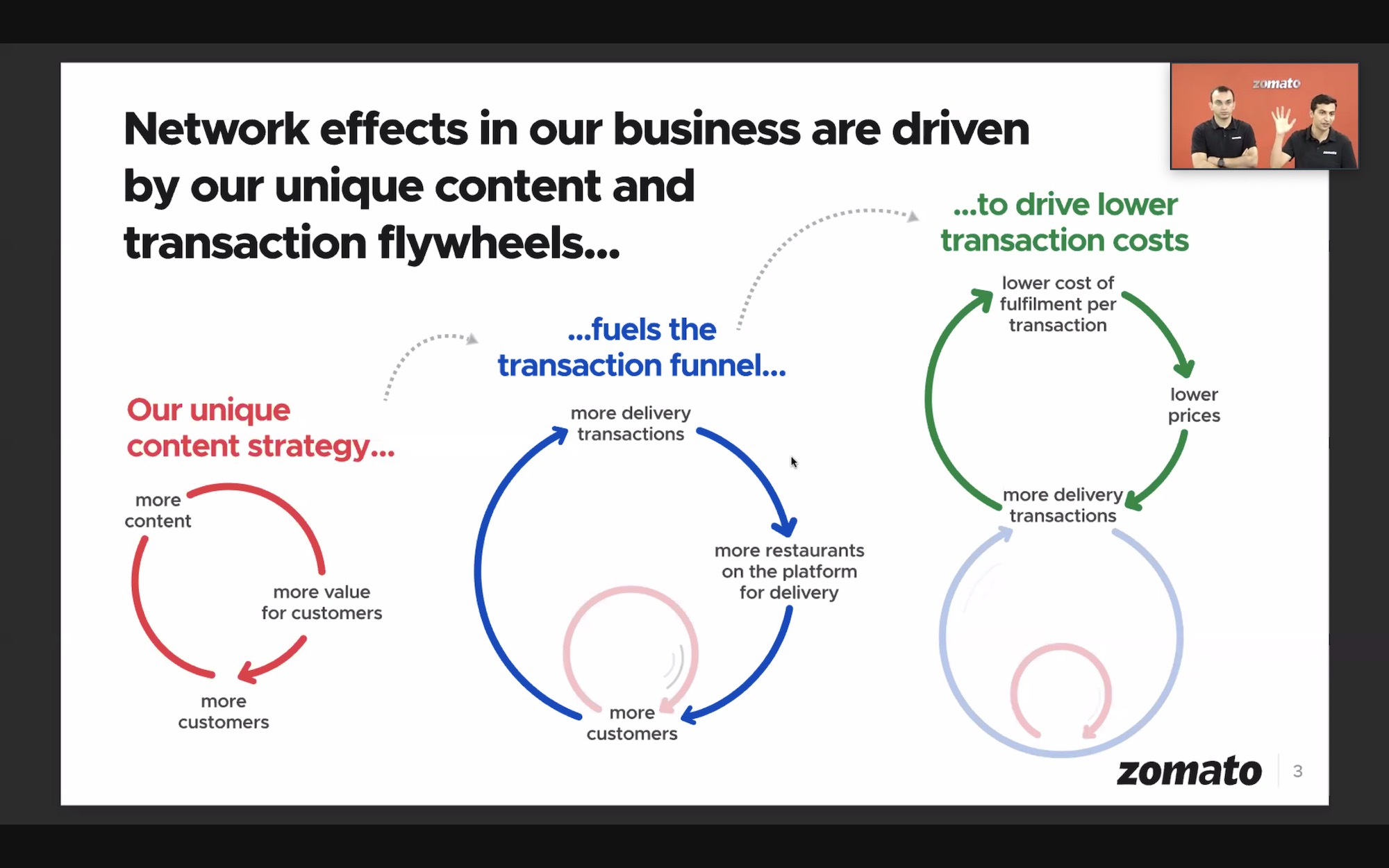- July 8, 2021
- by:
- in: Blog
Swiss Post, the former state-owned mail delivery firm which became a private limited company in 2013, diversifying into logistics, finance, transport and more (including dabbling in drone delivery) while retaining its role as Switzerland’s national postal service, has acquired a majority stake in Swiss-Hungarian startup Tresorit, an early European pioneer in end-to-end-encrypted cloud services. Terms
Swiss Post, the former state-owned mail delivery firm which became a private limited company in 2013, diversifying into logistics, finance, transport and more (including dabbling in drone delivery) while retaining its role as Switzerland’s national postal service, has acquired a majority stake in Swiss-Hungarian startup Tresorit, an early European pioneer in end-to-end-encrypted cloud services.
Terms of the acquisition are not being disclosed. But Swiss Post’s income has been falling in recent years, as (snailmail) letter volumes continue to decline. And a 2019 missive warned its business needed to find new sources of income.
Tresorit, meanwhile, last raised back in 2018 — when it announced an €11.5M Series B round, with investors including 3TS Capital Partners and PortfoLion. Other backers of the startup include business angels and serial entrepreneurs like Márton Szőke, Balázs Fejes and Andreas Kemi. According to Crunchbase Tresorit had raised less than $18M over its decade+ run.
It looks like a measure of the rising store being put on data security that a veteran ‘household’ brand like Swiss Post sees strategic value in extending its suite of digital services with the help of a trusted startup in the e2e encryption space.
‘Zero access’ encryption was still pretty niche back when Tresorit got going over a decade ago but it’s essentially become the gold standard for trusted information security, with a variety of players now offering e2e encrypted services — to businesses and consumers.
Announcing the acquisition in a press release today, the pair said they will “collaborate to further develop privacy-friendly and secure digital services that enable people and businesses to easily exchange information while keeping their data secure and private”.
Tresorit will remain an independent company within Swiss Post Group, continuing to serve its global target regions of EU countries, the UK and the US, with the current management (founders), brand and service also slated to remain unchanged, per the announcement.
The 2011-founded startup sells what it brands as “ultra secure” cloud services — such as storage, file syncing and collaboration — targeted at business users (it has 10,000+ customers globally); all zipped up with a ‘zero access’ promise courtesy of a technical architecture that means Tresorit literally can’t decrypt customer data because it does not hold the encryption keys.
It said today that the acquisition will strengthen its business by supporting further expansion in core markets — including Germany, Austria and Switzerland. (The Swiss Post brand should obviously be a help there.)
The pair also said they see potential for Tresorit’s tech to expand Swiss Post’s existing digital product portfolio — which includes services like a “digital letter box” app (ePost) and an encrypted email offering. So it’s not starting from scratch here.
Commenting on the acquisition in a statement, Istvan Lam, co-founder and CEO of Tresorit, said: “From the very beginning, our mission has been to empower everyone to stay in control of their digital valuables. We are proud to have found a partner in Swiss Post who shares our values on security and privacy and makes us even stronger. We are convinced that this collaboration strengthens both companies and opens up new opportunities for us and our customers.”
Asked why the startup decided to sell at this point in its business development — rather than taking another path, such as an IPO and going public — Lam flagged Swiss Post’s ‘trusted’ brand and what he dubbed a “100% fit” on values and mission.
“Tresorit’s latest investment, our biggest funding round, happened in 2018. As usual with venture capital-backed companies, the lifecycle of this investment round is now beginning to come to an end,” he told TechCrunch.
“Going public via an IPO has also been on our roadmap and could have been a realistic scenario within the next 3-4 years. The reason we have decided to partner now with a strategic investor and collaborate with Swiss Post is that their core values and vision on data privacy is a 100% fit with our values and mission of protecting privacy. With the acquisition, we entered a long-term strategic partnership and are convinced that with Tresorit’s end-to-end encryption technology and the trusted brand of Swiss Post we will further develop services that help individuals and businesses exchange information securely and privately.”
“Tresorit has paved the way for true end-to-end encryption across the software industry over the past decade. With the acquisition of Tresorit, we are strategically expanding our competencies in digital data security and digital privacy, allowing us to further develop existing offers,” added Nicole Burth, a member of the Swiss Post Group executive board and head of communication services, in a supporting statement.
Switzerland remains a bit of a hub for pro-privacy startups and services, owing to a historical reputation for strong privacy laws.
However, as Republik reported earlier this year, state surveillance activity in the country has been stepping up — following a 2018 amendment to legislative powers that expanded intercept capabilities to cover digital comms.
Such encroachments are worrying but may arguably make e2e encryption even more important — as it can offer a technical barrier against state-sanctioned privacy intrusions.
At the same time, there is a risk that legislators perceive rising use of robust encryption as a threat to national security interests and their associated surveillance powers — meaning they could seek to counter the trend by passing even more expansive legislation that directly targets and or even outlaws the use of e2e encryption. (Australia has passed an anti-encryption law, for instance, while the UK cemented its mass surveillance capabilities back in 2016 — passing legislation which includes powers to compel companies to limit the use of encryption.)
At the European Union level, lawmakers have also recently been pushing an agenda of ‘lawful access’ to encrypted data — while simultaneously claiming to support the use of encryption on data security and privacy grounds. Quite how the EU will circle that square in legislative terms remains to be seen.
But there are also some more positive legal headwinds for European encryption startups like Tresorit: A ruling last summer by Europe’s top court dialled up the complexity of taking users’ personal data out of the region — certainly when people’s information is flowing to third countries like the US where it’s at risk from state agencies’ mass surveillance.
Asked if Tresorit has seen a rise in interest in the wake of the ‘Schrems II’ ruling, Lam told us: “We see the demand for European-based SaaS cloud services growing in the future. Being a European-based company has already been an important competitive advantage for us, especially among our business and enterprise customers.”
EU law in this area contains a quirk whereby the national security powers of Member States are not so clearly factored in vs third countries. And while Switzerland is not an EU Member it remains a closely associated country, being part of the bloc’s single market.
Nevertheless, questions over the sustainability of Switzerland’s EU data adequacy decision persist, given concerns that its growing domestic surveillance regime does not provide individuals with adequate redress remedies — and may therefore be violating their fundamental rights.
If Switzerland loses EU data adequacy it could impact the compliance requirements of digital services based in the country — albeit, again, e2e encryption could offer Swiss companies a technical solution to circumvent such legal uncertainty. So that still looks like good news for companies like Tresorit.







